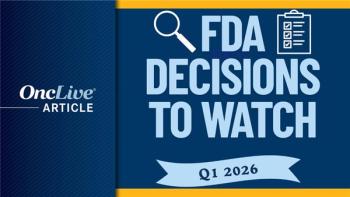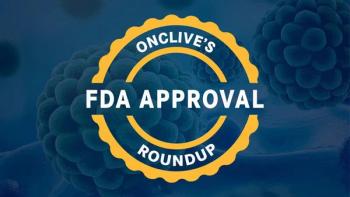
Coverage Decisions for Off-Label Treatments
One challenge that oncologists often face is offering patients novel treatment options, which they think might work but that are not likely to be covered by the insurer. For example, an oncologist may want to prescribe an FDA-approved drug off-label to a patient who has not responded to the standard-of-care and has no other options.
Health plans can more quickly and easily approve coverage for a regimen in these unique cases if there is a methodology in place to ensure that there are data to support the decision, states Michael Kolodziej, MD. This type of information would likely come from large registries. In the absence of clinical trial data, real-world data should be considered, he adds.
Collecting real-world outcomes data in rare cancers and other unique populations or circumstances is critical, notes Jeffrey C. Ward, MD. Health plans could potentially make the capture of outcomes for a registry a condition of approval. However, outcomes are not captured for the vast majority of cases, adds Ward. Treatment and coverage decisions are made more complicated because of the number of options available.
Another approach might involve an arrangement with pharmaceutical companies that allows for the drug to be tried at no cost for a few months and, if it works, the health plan agrees to cover subsequent treatments, states Kolodziej. It is important to be upfront with patients about the available options, cost, and toxicities, says Ward, and to involve them in the treatment decisions.


































